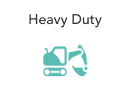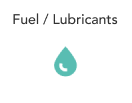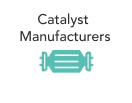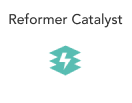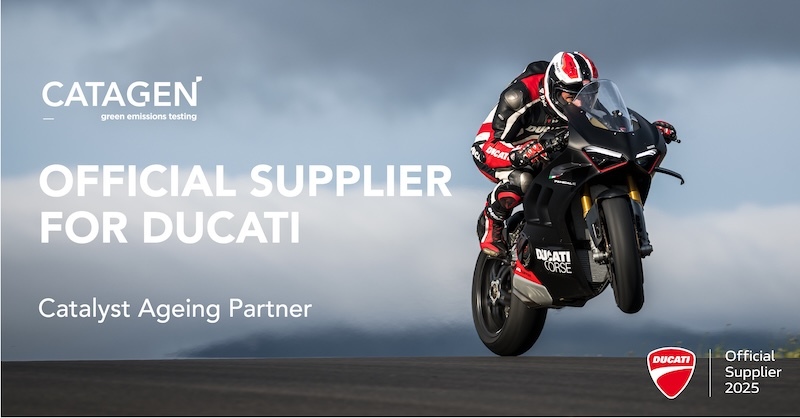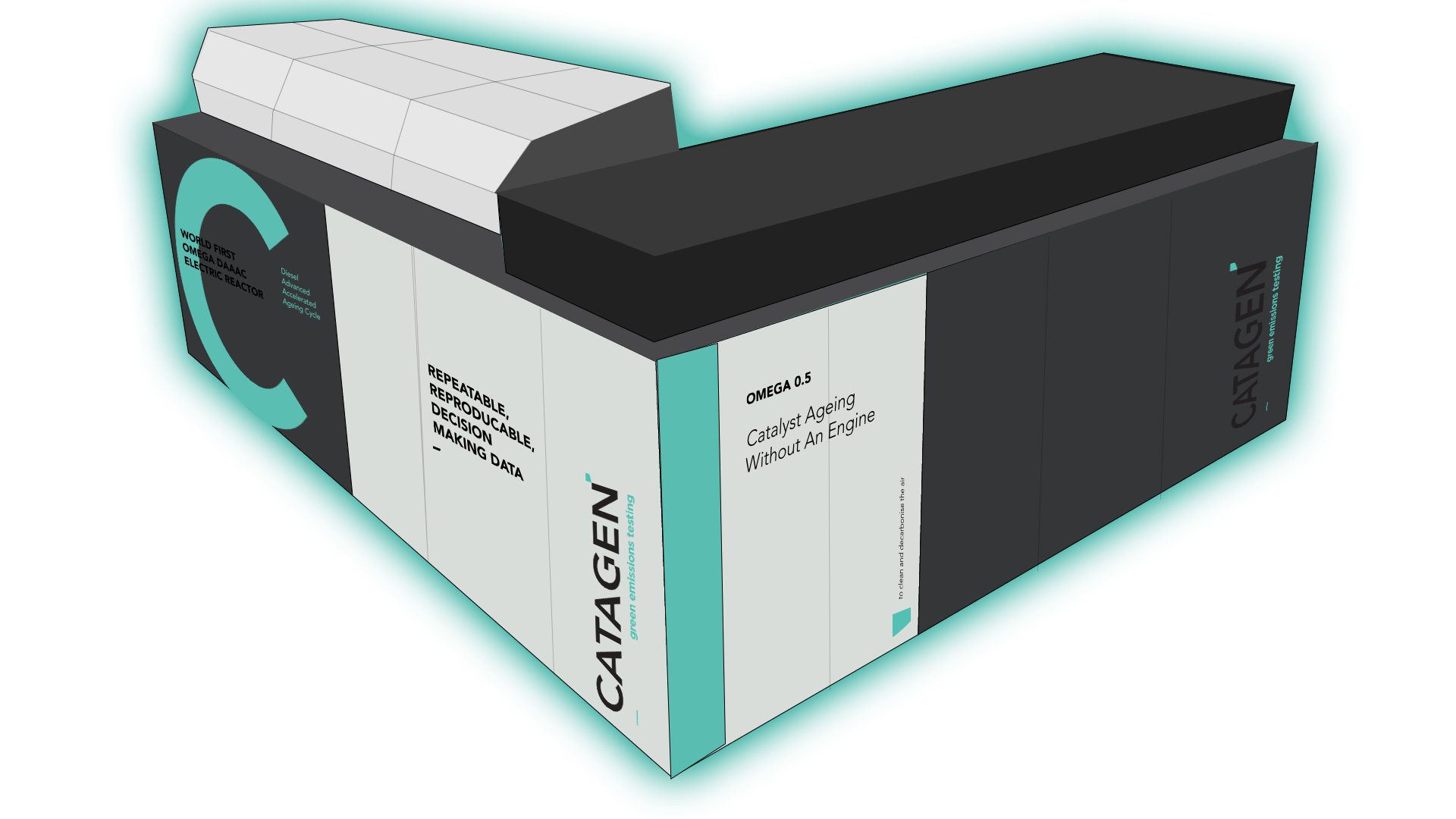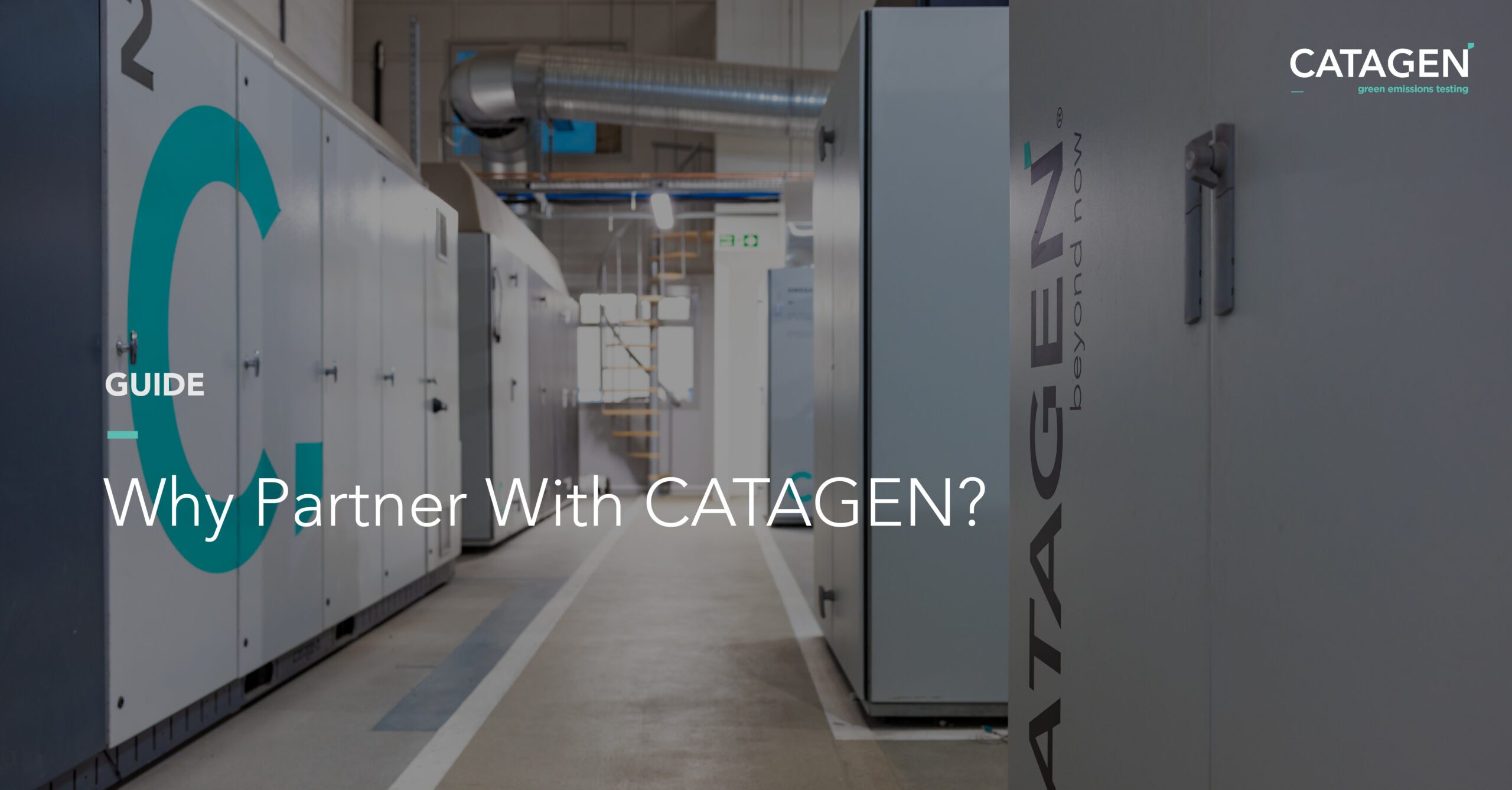WRITTEN BY: DR KURTIS IRWIN – VP OF GLOBAL CATALYSIS
Euro 7 Emissions Legislation: What It Means for OEMs and Catalyst Ageing
The upcoming Euro 7 emissions legislation, currently being developed by the European Union, will set some of the strictest vehicle emissions standards to date. These rules will significantly impact original equipment manufacturers (OEMs), requiring them to invest in advanced technologies, redesign vehicles, and develop more durable emission-control systems.
While the goal is to reduce harmful pollutants like nitrogen oxides (NOx) and particulate matter (PM), both major contributors to poor air quality and health risks, these changes bring new challenges for the automotive industry.
How Euro 7 Affects OEMs
- Increased production costs, due to new technologies and materials.
- Stricter compliance testing, for catalytic converters and aftertreatment systems.
- Greater competition, as manufacturers race to develop cost-effective, efficient solutions.
These changes could lead to higher vehicle prices for consumers, but also drive innovation in clean vehicle technology.
Catalyst Ageing Requirements Under Euro 7
One of the most significant updates is the catalyst ageing requirement, ensuring that a catalytic converter maintains its emissions-reduction performance for up to 200,000 km or 10 years (expected standard).
To comply, OEMs must:
- Use longer-lasting catalytic materials, or innovative designs.
- Conduct catalyst ageing tests, simulating real-world driving via a bench reactor or chassis dynamometer.
- Achieve reproducible ageing results, to ensure consistency across vehicle platforms.
Why Reliable Aged Catalysts Matter
- Regulatory compliance, proven performance helps OEMs meet Euro 7 and other global standards.
- Consistent testing results, standardized ageing reduces test-to-test variance.
- Cost and time savings, reduces the need for repeated testing during the homologation process.
CATAGEN OMEGA: Accelerating Catalyst Ageing
The CATAGEN OMEGA, an electrically powered recirculating gas reactor, is designed to replicate catalyst inlet conditions (temperature, gas concentration, and flow rates) for rapid, repeatable catalyst ageing.
Using the Standard Bench Cycle (SBC), as outlined by the Environmental Protection Agency (EPA), the OMEGA ensures:
- Each catalyst undergoes uniform ageing.
- Results are reproducible and reliable, streamlining the compliance process.
By leveraging OMEGA, OEMs can bring vehicles to market faster, reduce compliance risks, and stay ahead of Euro 7 regulations.
Bio – Dr Kurtis Irwin
Kurtis is the VP of Global Catalysis and has over 10 years of experience specialising in aftertreatment systems and catalysis.
He is a Doctor of Philosophy (Ph.D.) focusing on mechanical engineering and he was recently awarded the UKRI Future Leader Fellowship award.



